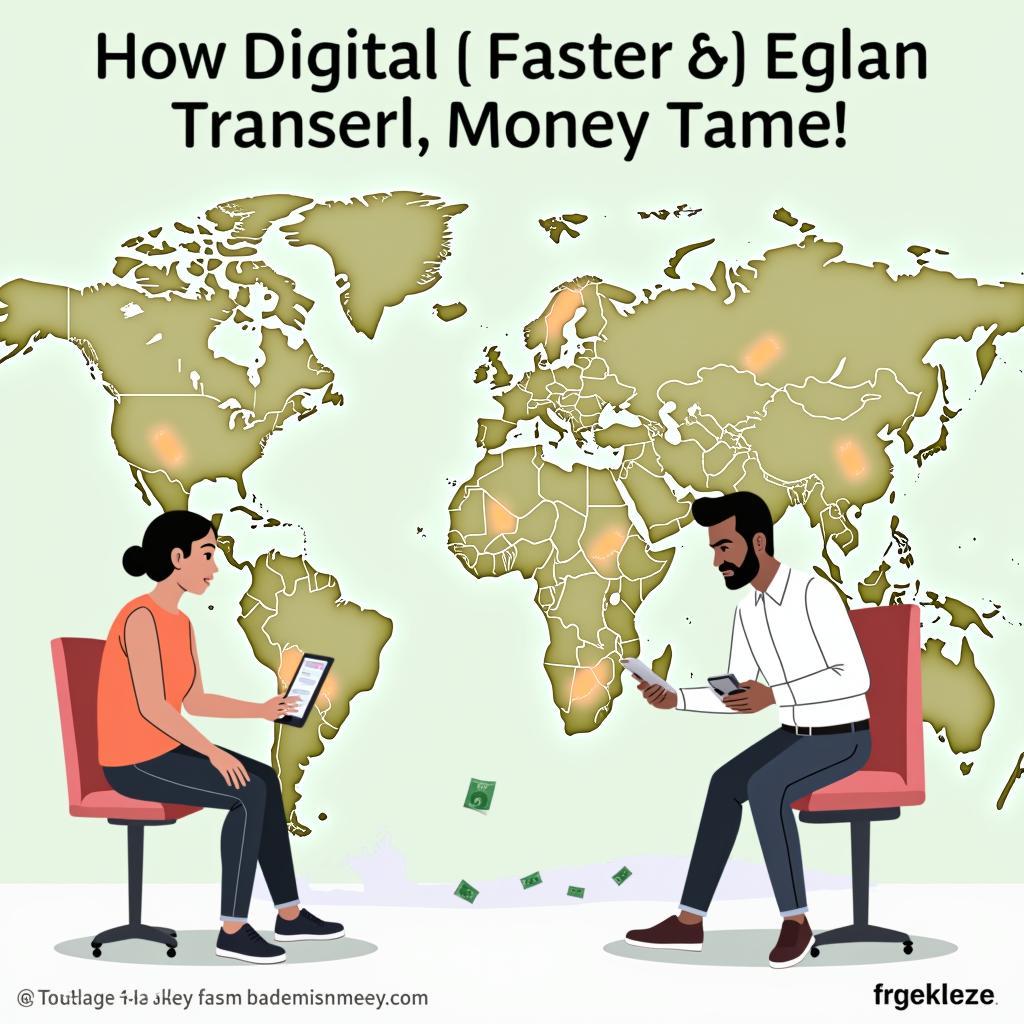The topic of digital currencies and their effects on global remittances has become increasingly relevant in IELTS Writing Task 2 examinations. Based on recent test patterns and the growing significance of digital finance, this theme has appeared in various forms, particularly in questions about technological advancement and economic development. Let’s examine one of the most common question types on this subject.
how digital currencies affect global economies has become a crucial topic in understanding modern financial systems.
Some people believe that digital currencies will revolutionize international money transfers and benefit migrant workers sending money home. Others argue that traditional banking systems are more reliable and secure. Discuss both views and give your opinion.
Task Analysis
- Type: Discussion + Opinion
- Key points to address:
- Benefits of digital currencies for international transfers
- Advantages of traditional banking systems
- Personal stance with justification

Sample Essay 1 (Band 8.5)
The emergence of digital currencies has sparked intense debate about their potential to transform international remittances, particularly for migrant workers. While some advocate for this technological revolution in money transfers, others maintain that conventional banking methods remain superior. I believe that digital currencies offer significant advantages, though traditional systems still have their place.
Digital currencies present compelling benefits for international money transfers. Firstly, these systems can dramatically reduce transaction costs, often charging fees as low as 1% compared to the 5-7% typically imposed by traditional banks. Moreover, digital transfers are nearly instantaneous, enabling migrant workers to send money home immediately during emergencies, unlike traditional bank transfers that may take several days. For instance, a Filipino worker in Dubai can transfer money to their family in Manila within minutes using cryptocurrency platforms.
impact of digital currencies on financial inclusion demonstrates how these technologies are transforming access to financial services.
However, proponents of traditional banking systems raise valid concerns. The established banking infrastructure offers proven security measures and consumer protection mechanisms developed over centuries. Banks provide guaranteed services with clear accountability and regulatory oversight, ensuring that transfers are safe and traceable. Additionally, traditional banks offer in-person customer service, which many people, especially older generations, find reassuring when handling significant financial transactions.
In my opinion, while both systems have merit, digital currencies represent the future of international remittances. The efficiency, cost-effectiveness, and accessibility of digital currency transfers make them particularly valuable for migrant workers from developing nations. Furthermore, as blockchain technology matures and regulatory frameworks evolve, many security concerns surrounding digital currencies are being addressed. how digital currencies can help reduce poverty in developing nations provides evidence of their positive impact.
Sample Essay 2 (Band 6.5)
Digital currencies are changing how people send money internationally. Some people think they are better than traditional banks, while others prefer old banking systems. I will discuss both sides and share my thoughts.
Digital currencies have some good points. They are cheaper to use when sending money to other countries. Many workers who work abroad can save money on fees. Also, the transfers are very fast, and people can get their money quickly. This is good when families need money urgently.
But traditional banks also have advantages. They are safer because they have been around for a long time and have good security. People can also go to the bank and talk to someone if they have problems. This makes many people feel more confident about their money.
I think digital currencies are better for sending money internationally. They are cheaper and faster, which helps many people who work in foreign countries. However, banks need to make their services better to compete with digital currencies.
Scoring Analysis
Band 8.5 Essay:
- Task Response: Fully addresses all parts with well-developed ideas
- Coherence & Cohesion: Logical organization with clear progression
- Lexical Resource: Sophisticated vocabulary with natural usage
- Grammar: Wide range of complex structures
Band 6.5 Essay:
- Task Response: Addresses main points but less developed
- Coherence & Cohesion: Basic organization with some progression
- Lexical Resource: Adequate vocabulary but limited range
- Grammar: Mix of simple and complex structures with some errors
Key Vocabulary
- Remittance (n) /rɪˈmɪtəns/ – money sent from one place to another
- Cryptocurrency (n) /ˈkrɪptəʊkʌrənsi/ – digital or virtual currency
- Instantaneous (adj) /ˌɪnstənˈteɪniəs/ – occurring immediately
- Infrastructure (n) /ˈɪnfrəstrʌktʃə/ – basic physical systems of a business or nation
- Regulatory (adj) /ˈreɡjʊleɪtəri/ – controlling or supervising through rules
Consider practicing with this similar topic: “How might digital currencies affect economic inequality between developed and developing nations?” Share your essays in the comments section for feedback and discussion.